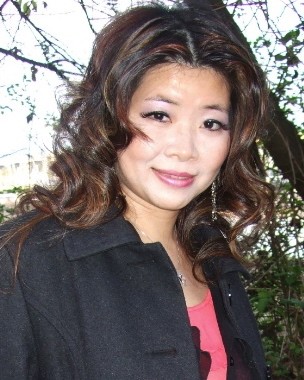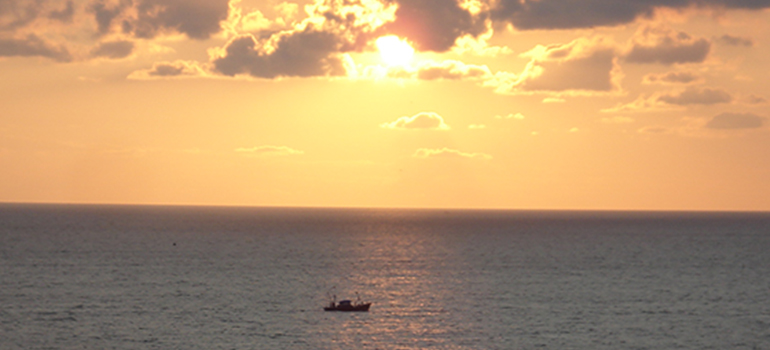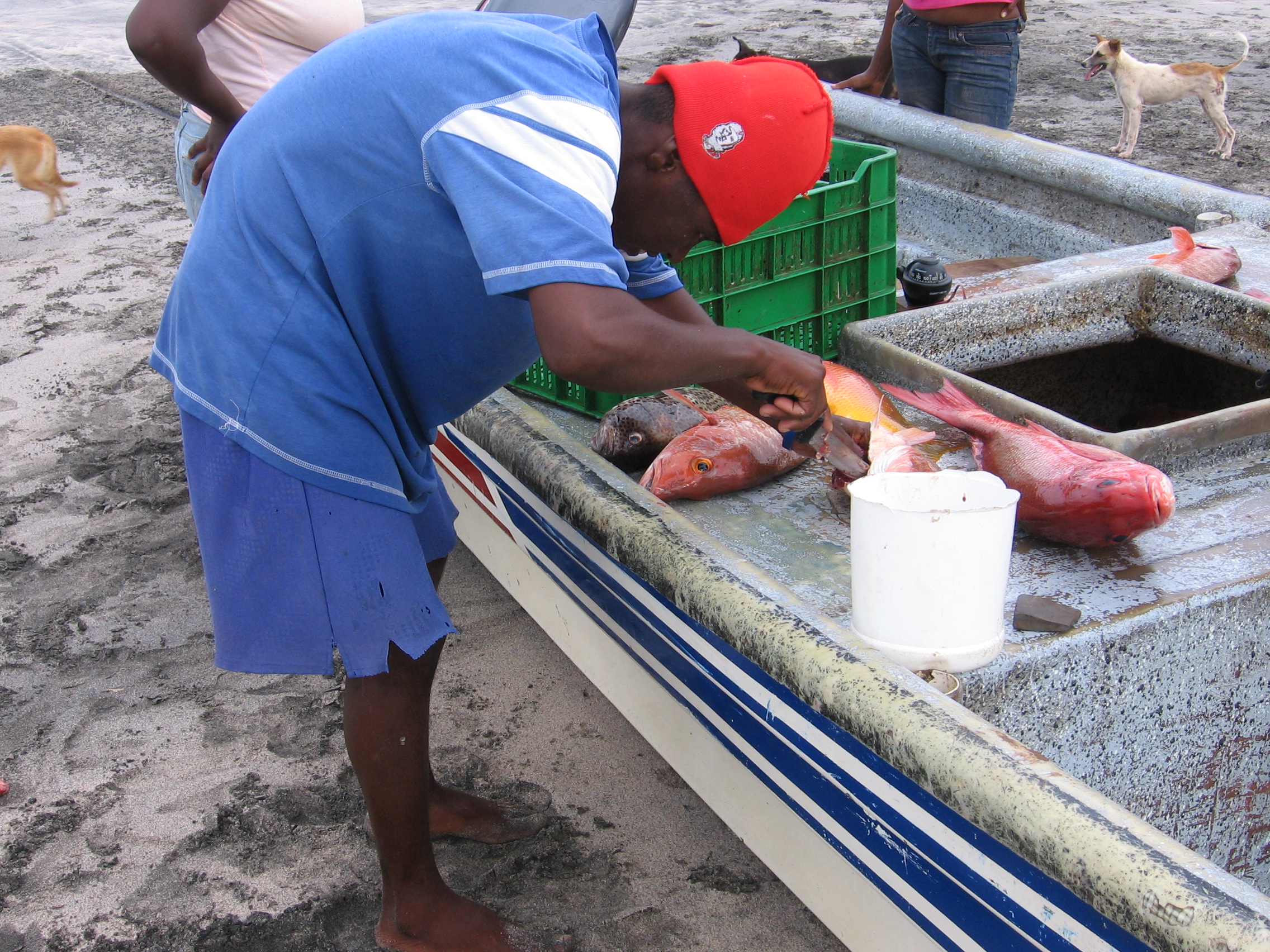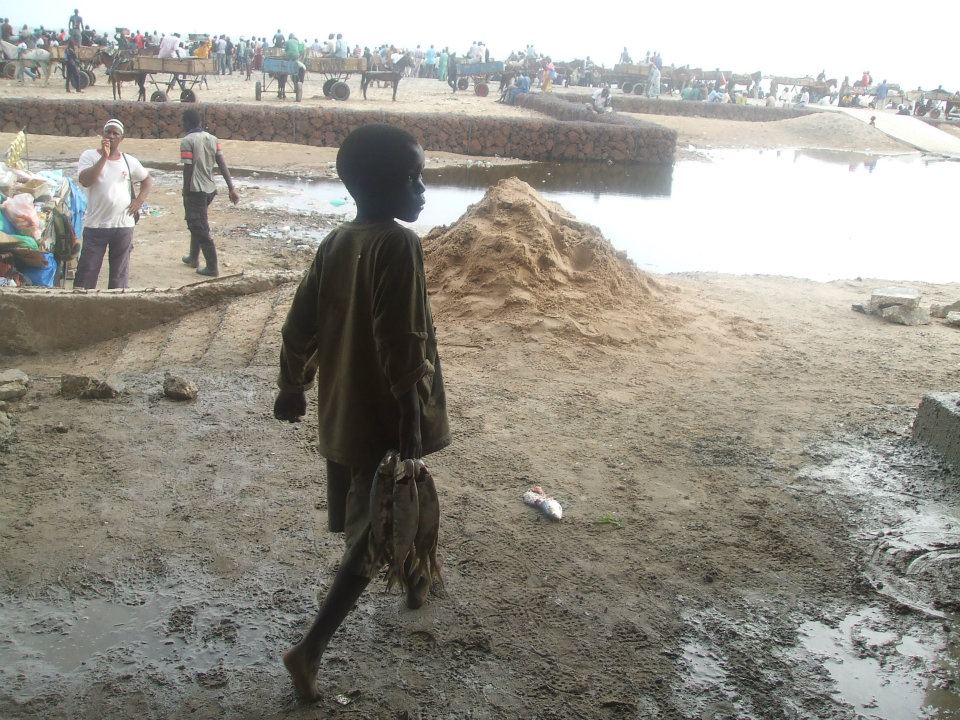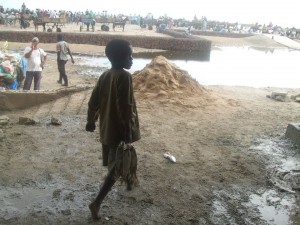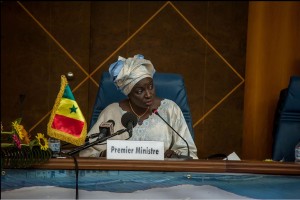
The Prime Minister of Senegal opening the Forum of the Regional Marine and Coastal Conservation Programme for West Africa (©PRCM)
If I had to summarize my previous journeys in Senegal in one word, I would certainly use ‘denial’ for the first trip, ‘hope’ for the second, but many words for my last visit to Dakar last November when Dr. Daniel Pauly and I represented the Sea Around Us Project at the Forum of the Regional Marine and Coastal Conservation Programme for West Africa (Programme Régional de Conservation de la zone côtière et Marine; PRCM). The description of the Forum that can be found on the PRCM website underlines the importance of this event (www.forumprcm.org).
The theme of the Forum was ‘Investing in coastal and marine conservation for the wellbeing of populations’, and as suggested, its goal was to put forward ideas about the use of nature with a view to improve the wellbeing of people relying on it. Many different stakeholders were present (e.g., NGOs, professional fishers, scientists, decision-makers) and were eager to discuss sustainability and conservation.
I was delighted to meet again our collaborators and colleagues from Cape Verde, The Gambia, Guinea, Guinea-Bissau, Liberia, Morocco, Senegal, and Sierra Leone, as well as from the Fishery Committee for the West Central Gulf of Guinea (FCWC) countries, notably Ghana and Côte d’Ivoire. On a lighter note, a young man from Tanzania presented his journey as he biked from Chile to Tanzania, raising awareness about the environment and funds for Tanzanian students along the way. He also reminded me that I am not the only person in this world who needs a visa to go to conferences and talk about issues and potential solutions for a sustainable use of the ocean. After all, if fish needed a visa, the issue of illegal fishing would not be that bad. Illegal fishing was actually one of the topics of the Forum, and our colleague Duncan Copeland talked about how to implement efficient, non-expensive solutions to tackle illegal fishing. While some Mauritanian representatives claimed that illegal fishing was no longer as significant as it was in the past, a representative from Guinea-Bissau stated that the coastal waters of “Bissau looked like Hong Kong at night”, referring to the lights of the industrial fishing boats illegally venturing into artisanal fishing grounds at night. Afterwards, I was not able to make up my mind between ‘content’ — as ‘admitting’ is the first step towards ‘healing’ — or ‘sadness’ — as the issue of illegal fishing is now so important, that being politically correct is no longer an option.
The presence of journalists made for a great opportunity for the Sea Around Us Project to share our knowledge of West African fisheries with the public, and to emphasize the implications of our catch reconstruction work. For example, I had the opportunity to clarify some points such as “women’s catches are not substantial, therefore, it is not an important activity”. Indeed, one can argue that if this activity allows women to be financially independent and provide their households with food, then, it is of paramount importance, regardless of the volume of the catch (especially if vulnerable species are targeted).
At the end of the day, the Forum was a very productive experience for the Sea Around Us Project, as NGOs, research institutes, and regional organizations were eager to use and work with the catch reconstruction results. Indeed, they all agreed that looking at the impact of local small-scale fisheries, filling data gaps, and contributing to capacity building in the region is an important process. For example, we discussed catch reconstructions with representatives from Morocco (who were keen to work with us) and from the FCWC region (with whom we recently signed a Memorandum of Understanding), as well as with traditional community representatives such as the Imraguen, who constantly remind us of the reasons why we are fighting to save our oceans.
After the Forum, Daniel and I had the honour of having an informal lunch with his Excellency the Minister of Fisheries of Senegal, Haïdar El Ali, who informed us of his decision to invite the Sea Shepherd Conservation Society to act in Senegal. It was pleasant to have a conversation with him as he seemed to be a person who is deeply driven by conservation. As we came back from Dakar, we also learned that Senegal had just arrested illegal Russian fishers despite diplomatic pressure from Russia. This action was backed by numbers the Sea Around Us Project estimated with colleagues from USAID and many other Senegalese organizations.
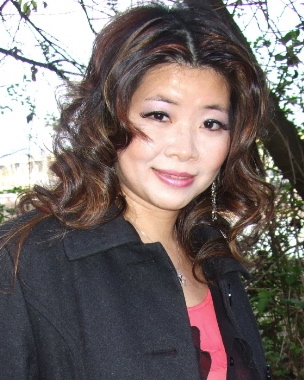 Maria joined the Sea Around Us in 2014, and coordinates schedules, travels, project activities and provides administrative support to Dr. Daniel Pauly and Dr. Dirk Zeller.
Maria joined the Sea Around Us in 2014, and coordinates schedules, travels, project activities and provides administrative support to Dr. Daniel Pauly and Dr. Dirk Zeller.

